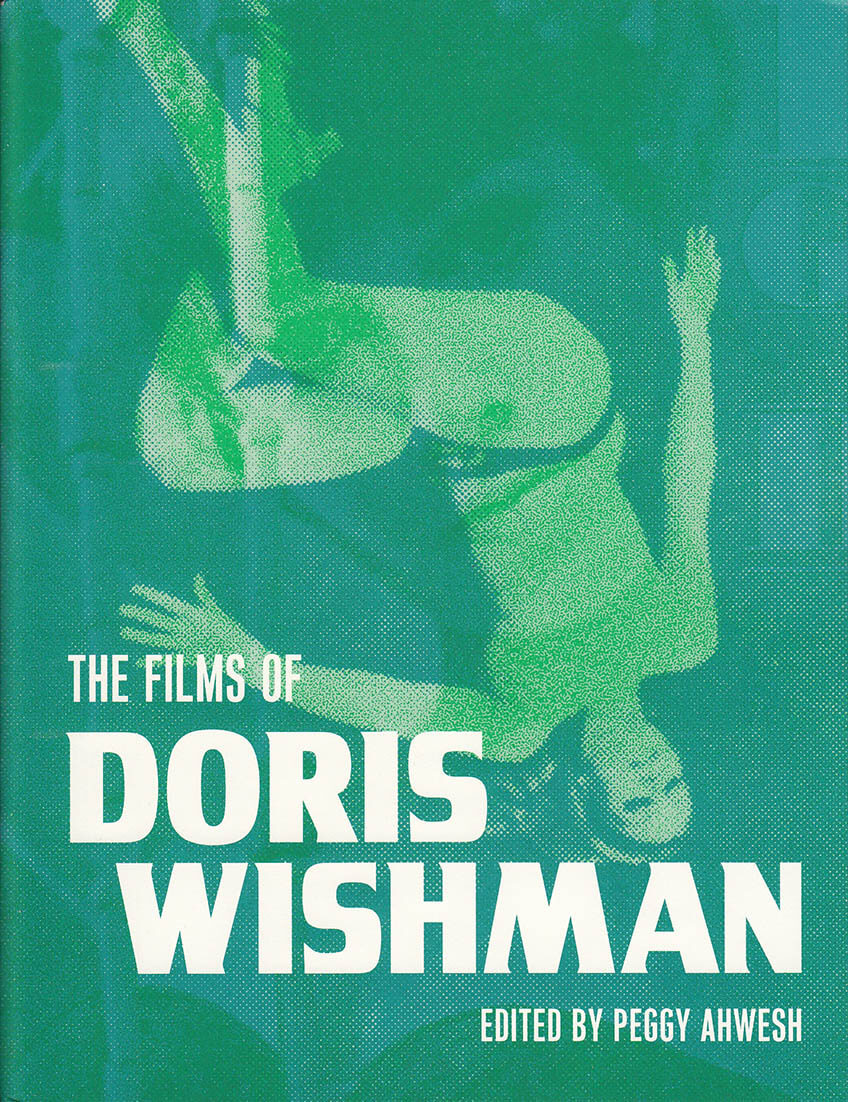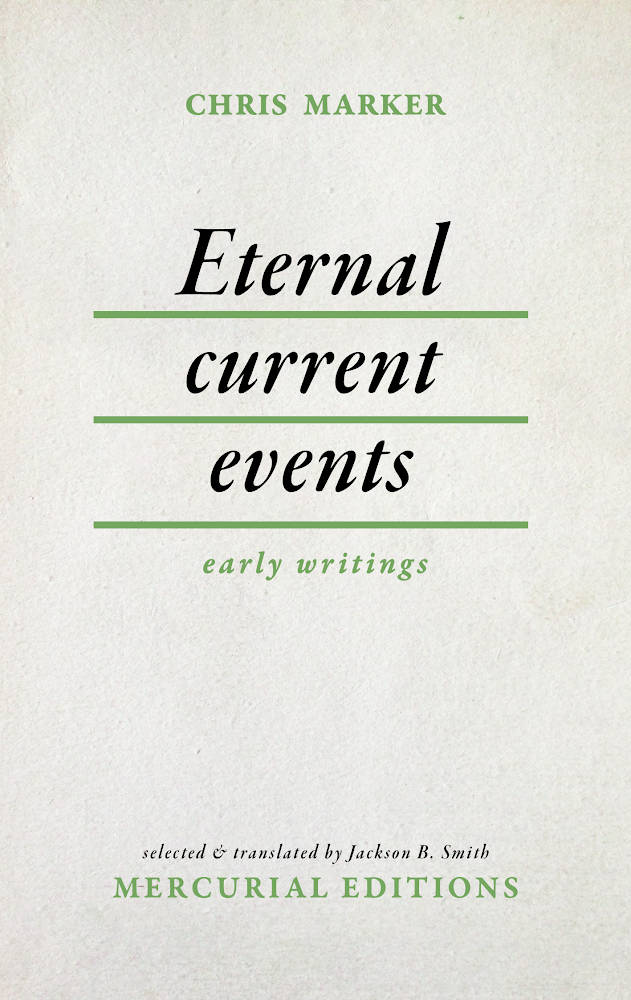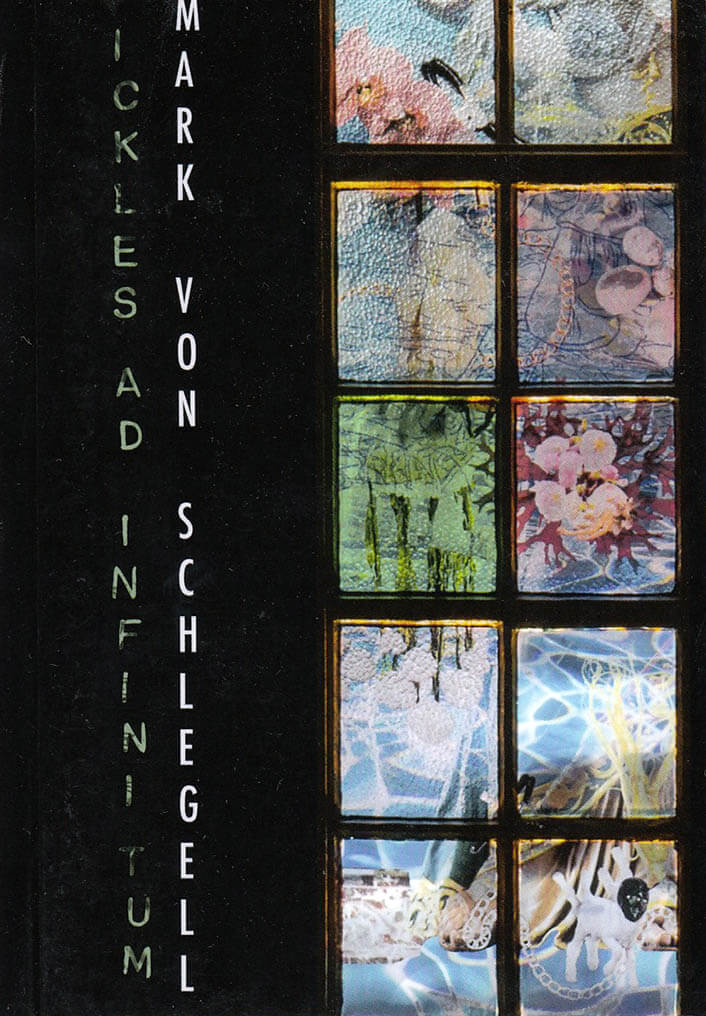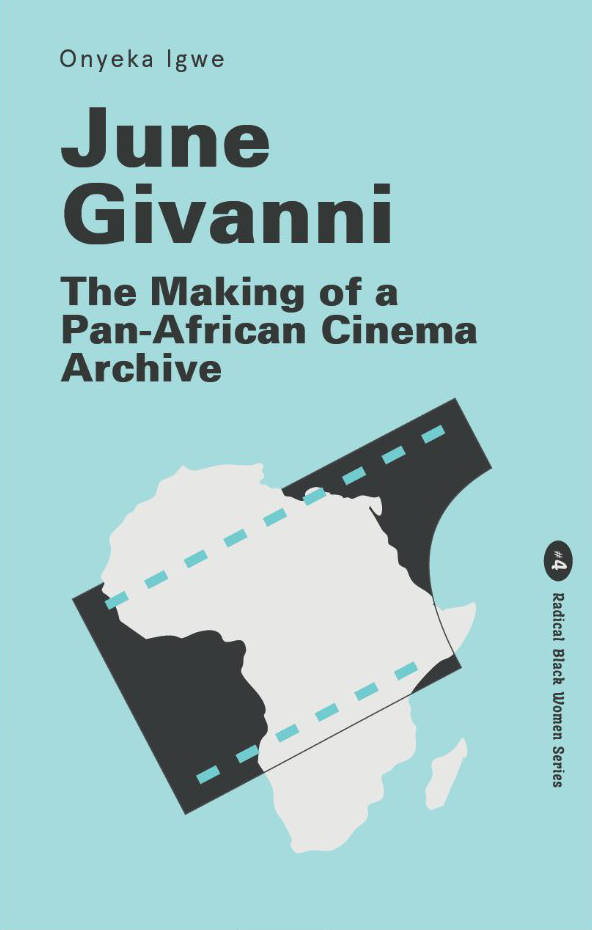
The Films of Doris Wishman
Peggy Awesh ed.
Some thirty years ago, the artist Peggy Ahwesh began to cultivate a fascination with the films of Doris Wishman, the prolific director behind grindhouse gems like Nude on the Moon (1961), Bad Girls Go to Hell (1965), and Let Me Die a Woman (1977), among many others. By that time, a number of Wishman titles had been released by VHS label Something Weird, and she had been profiled by Andrea Juno in the RE/Search compendium Incredibly Strange Films, granting her a small but fervent cult following. In the early ’90s, Ahwesh heard from musician Tom Smith that the elusive auteur was working at a sex shop in Florida. Determined to meet the doyenne of the skin flick in the flesh, Ahwesh flew down from New York with fellow filmmaker M.M. Serra in 1994 to surprise Wishman at the Pink Pussycat Boutique in Coconut Grove, Miami.
The fruits of this encounter would go into the making of The Films of Doris Wishman, a one-issue zine produced by Ahwesh in 1995, featuring collages drawn from Wishman ephemera given to Ahwesh in Florida, and writings on Wishman by Blossom Lefcourt, programmer Joel Shepard, filmmaker Keith Sanborn, and Ahwesh herself. “The films,” Ahwesh notes “offer the prerequisite weirdness of the genre, but they have a seedy underlying resonance of the fear of and hostility toward women in our world, which Doris describes in her own profound and tawdry way.”
Inpatient Press and Light Industry's new publication includes a complete facsimile of the original zine—long unavailable—as well as the heretofore unpublished transcript of Ahwesh, Serra, and Smith’s 1994 video interview with Wishman at the Pink Pussycat, plus a brief essay on Wishman by Ahwesh, which first appeared in the Village Voice. Experimental cinema and exploitation pictures would seem to exist at opposite ends of film's outer reaches, but every so often, as with Ahwesh and Wishman, their stars align.
Language: English







